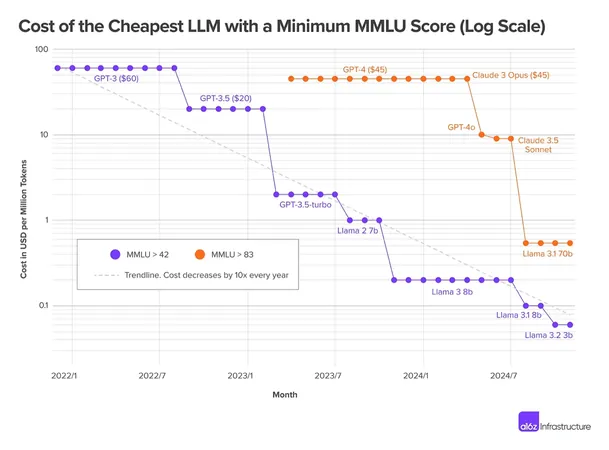
Teens Embrace Location Tracking: The Surprising Truth Behind the Trend
2025-05-21
Author: Ming
The New Teen Trend That’s Raising Eyebrows
As technology evolves, so do the social habits of teens. In a behavior that might alarm many parents, today's youth are increasingly tracking each other’s locations. A recent study by Life360 revealed that 70% of Gen Z teens are more likely to share their whereabouts compared to other age groups, with 94% believing this practice enhances their lives.
Snapchat's Game-Changing Feature
In May 2025, Snapchat revealed its Snap Map feature boasts over 400 million monthly users, prompting other platforms like Instagram to jump on the bandwagon. The rise of such features illustrates not only the acceptance of location sharing but also an influential shift in social media dynamics.
Understanding the Motivation Behind Sharing Locations
Dr. Cameron Caswell, an adolescent psychologist, explains that for many teens, location sharing isn't just about safety—it's also about connection and fun. She notes, "Teens enjoy seeing where their friends are and what they’re up to, fostering a sense of community." This was exemplified when a teen discovered her ex-boyfriend could track her, leading to unexpected encounters.
The Risky Reality of Location Sharing
But the decision to share locations isn’t devoid of risks. Cheryl Groskopf, a therapist specializing in anxiety and attachment, cautions that such practices can contribute to heightened anxiety and feelings of exclusion, especially if teens find out they weren’t invited to an event. The constant comparison and social monitoring can lead to feelings of inadequacy.
Girls at Greater Risk?
Interestingly, surveys suggest that teen girls are more likely to share their locations for safety reasons. While this creates a sense of security, it also increases their vulnerability to potential stalking or harassment, particularly when trust is misplaced. Groskopf warns that this dynamic can easily shift into emotional surveillance, where location sharing is used to control or manipulate.
Setting Clear Boundaries is Crucial
Parents play a crucial role in guiding their teens on how to navigate the world of location sharing. Experts recommend starting conversations centered on consent and boundaries. Creating an environment where teens feel free to opt-out of sharing their location without fear of judgment is vital.
A Collaborative Approach to Discuss Location Sharing
Effective communication can make all the difference. Instead of issuing bans on location sharing, parents are encouraged to explore the technology with their teens, discussing privacy settings and the reasons behind their choices. By fostering an open dialogue, parents can aid teens in using these apps responsibly and intentionally.
In this digital age, equipping teens with the skills to set boundaries—both online and offline—is essential for their safety and well-being.



 Brasil (PT)
Brasil (PT)
 Canada (EN)
Canada (EN)
 Chile (ES)
Chile (ES)
 Česko (CS)
Česko (CS)
 대한민국 (KO)
대한민국 (KO)
 España (ES)
España (ES)
 France (FR)
France (FR)
 Hong Kong (EN)
Hong Kong (EN)
 Italia (IT)
Italia (IT)
 日本 (JA)
日本 (JA)
 Magyarország (HU)
Magyarország (HU)
 Norge (NO)
Norge (NO)
 Polska (PL)
Polska (PL)
 Schweiz (DE)
Schweiz (DE)
 Singapore (EN)
Singapore (EN)
 Sverige (SV)
Sverige (SV)
 Suomi (FI)
Suomi (FI)
 Türkiye (TR)
Türkiye (TR)
 الإمارات العربية المتحدة (AR)
الإمارات العربية المتحدة (AR)